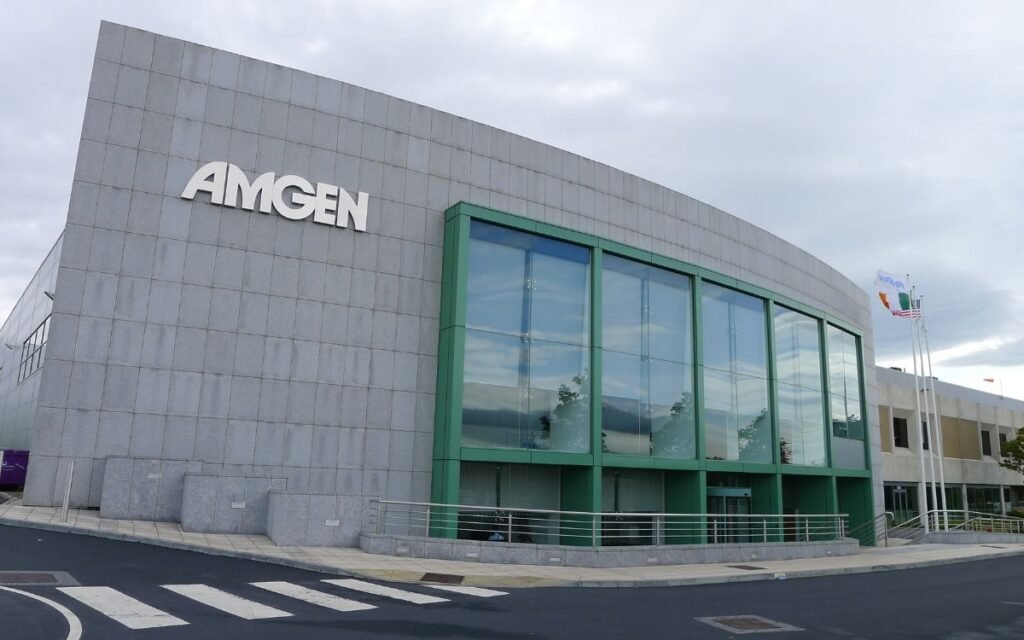The FDA has granted approval to Amgen for its biosimilar rendition of Johnson & Johnson’s renowned autoimmune medication, Stelara. However, Amgen’s new product won’t be hitting the market anytime soon.
In May, as part of an agreement between the two pharmaceutical giants, Amgen consented to postpone the launch of its Stelara biosimilar in exchange for Johnson & Johnson dropping a patent infringement lawsuit. This pact effectively delays the release of Wezlana (ustekinumab-auub) until no later than January 1, 2025.
This arrangement also positions Wezlana as the frontrunner to become the first Stelara biosimilar available in the US. In June, Johnson & Johnson reached a similar settlement with Alvotech and Teva, preventing the launch of their Stelara biosimilar, which is yet to gain FDA approval, until no later than February 21, 2025.
Also Read: J&J Confident In New Products As Stelara Faces Biosimilar Threat
These dates hold significant importance for Johnson & Johnson, as Stelara, the company’s top-selling product in the previous year, raked in a remarkable $9.7 billion, contributing to 10% of the company’s total revenue. Stelara, introduced in 2009, is approved for the treatment of adults with ulcerative colitis and Crohn’s disease, as well as for those aged 6 and older with plaque psoriasis and psoriatic arthritis.
Various other companies, including Samsung Bioepis, Celltrion, Biocon, and a partnership between Bio-Thera Solutions and Hikma Pharmaceuticals, are also in the process of developing Stelara biosimilars.
Amgen’s biosimilar approval holds an additional advantage as it has been designated as interchangeable. This designation permits pharmacists to substitute it for Stelara without requiring healthcare professionals’ approval. To achieve interchangeable status, a company must demonstrate, through a switching study, that its biosimilar exhibits no clinically meaningful differences in terms of safety, potency, and purity compared to the reference product.
Also Read: AbbVie’s Skyrizi Beats J&J’s Stelara In Head-To-Head Crohn’s Disease Trial
Earlier this year, Amgen made a notable entry into the biosimilar market by becoming the first company in the US to launch a copycat version of AbbVie’s autoimmune powerhouse, Humira. With the introduction of the interchangeable Amjevita, Amgen gained a six-month lead over other companies launching their Humira biosimilars. Amjevita has already generated $466 million this year.
While several major biopharmaceutical companies have divested their biosimilar and generics units, Amgen has taken a different path. In their recent quarterly report, Amgen disclosed that the FDA had accepted their application to approve a biosimilar version of Regeneron and Bayer’s macular degeneration drug, Eylea. Additionally, the company has increased its investment in developing a biosimilar version of Bristol Myers Squibb’s cancer drug, Opdivo.





























